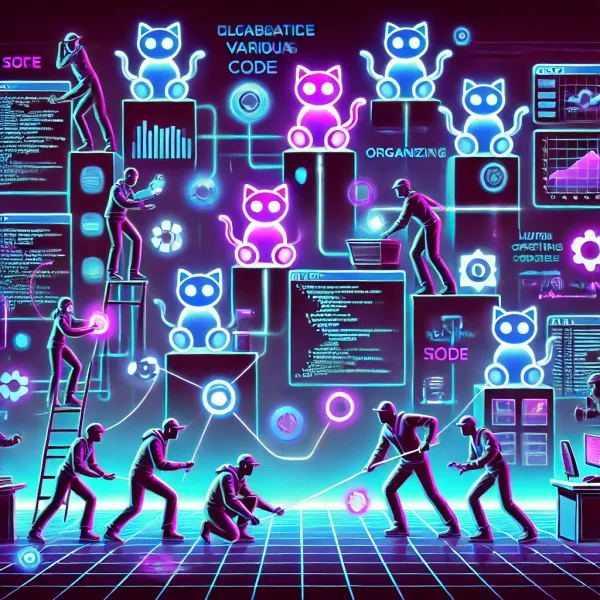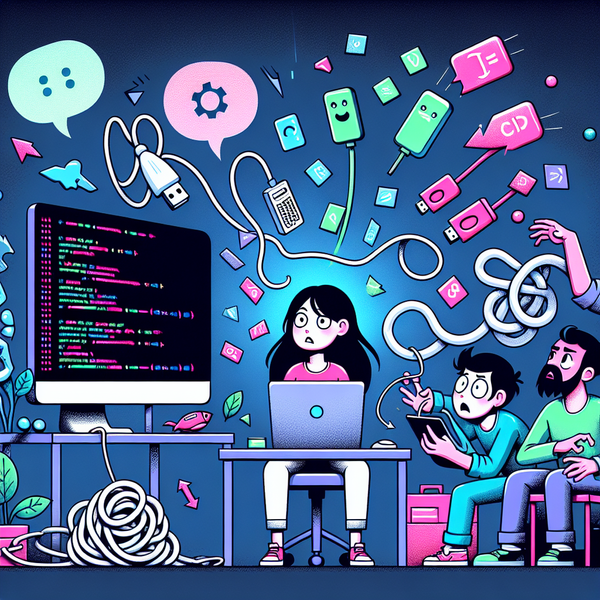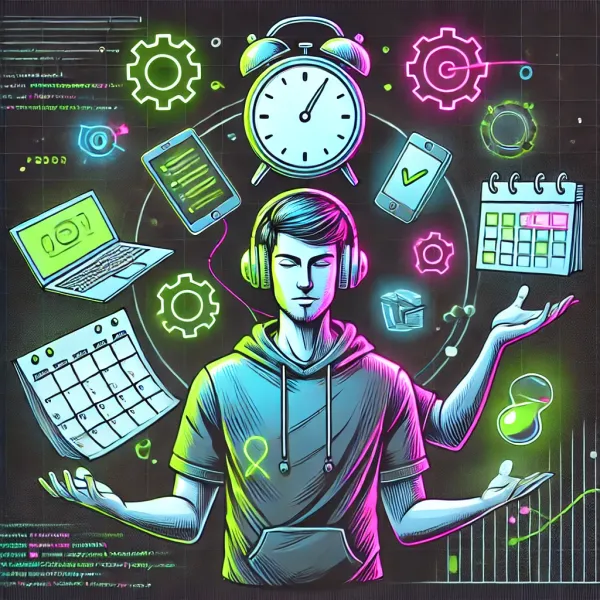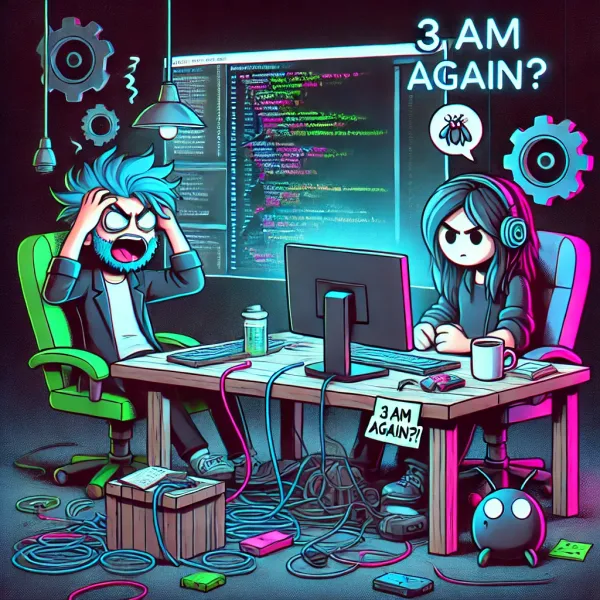Adapting to Different Team Dynamics for Devs
Explore how to navigate different team dynamics effectively.
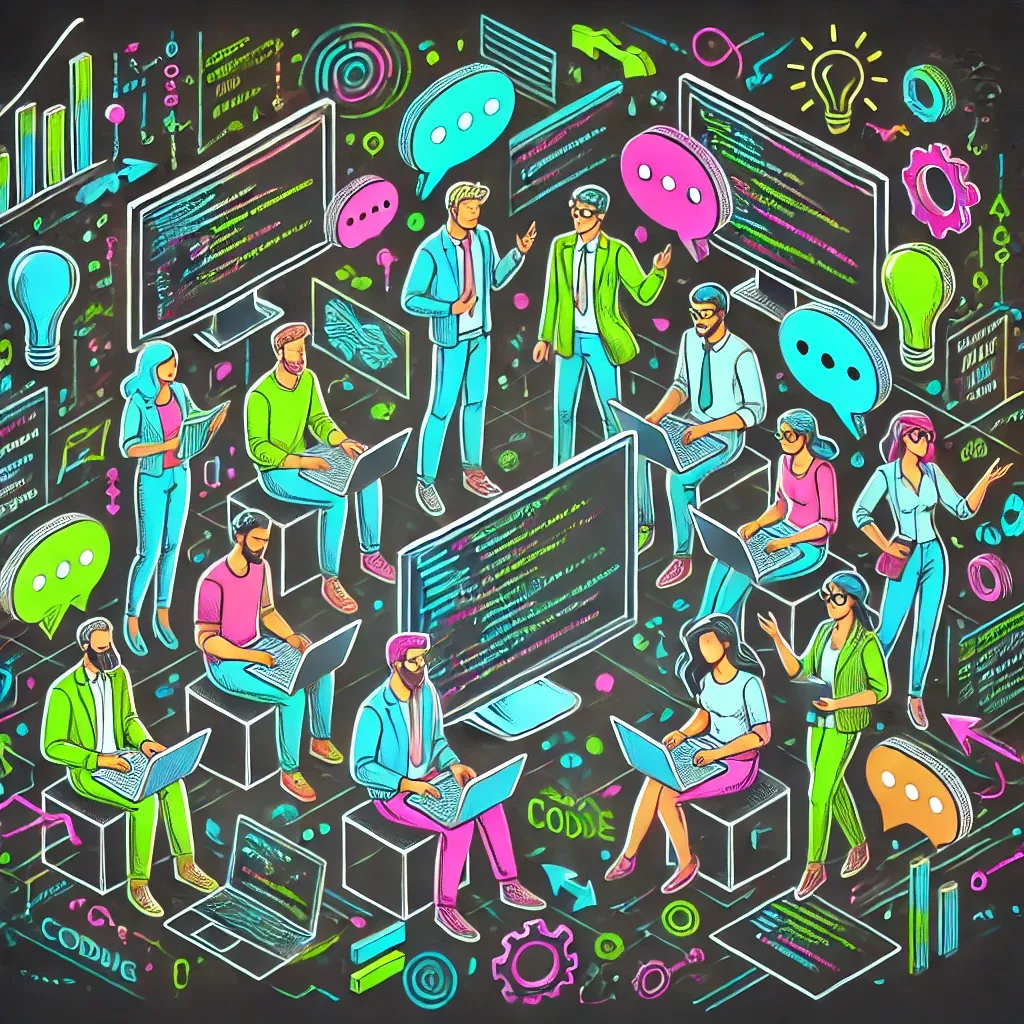
As software engineers, we often find ourselves thrown into the deep end. Diverse teams come with their own dynamics. To succeed, you need to perfect the ability to adaptation.
In this article, we’ll explore how to navigate different team dynamics effectively.
🔑 Key Takeaways 🔑
- Adaptability is non-negotiable.
- Diverse personalities can be your greatest asset.
- Continuous learning keeps you relevant.
- Time management is about flexibility.
- Clear communication builds trust.
- Support your team, even without a title.
- Remote work demands extra effort in collaboration.
The Importance of Adaptability
Here’s the hard truth: the tech landscape is a moving target. New languages, frameworks, and methodologies pop up faster than you can say “update.” To stay relevant, you need to be adaptable. This isn’t just a buzzword; it’s a fundamental soft skill for software engineers.
Imagine walking into a project where the tech stack has shifted overnight. If you're resistant to change, you’ll struggle. Instead, approach every new challenge as a chance to learn about adaptability in tech. The more adaptable you are, the more valuable you become to your team.
Collaborating with Diverse Personalities
Diversity isn’t just a checkbox; it’s your competitive advantage. Working alongside frontend developers, backend gurus, scrum masters, and UX/UI designers means you’ll encounter a range of perspectives and working styles.
Embracing these differences isn’t just nice—it’s necessary. By respecting your teammates’ opinions and harnessing their unique strengths, you can drive innovation vs. stability. Remember, collaboration is like a potluck dinner; everyone brings something different to the table, and together, you create a feast!
Continuous Learning and Feedback
Adaptability also means staying hungry for knowledge. The best engineers are those who are never done learning. Engage in code reviews, attend workshops, and stay updated on changing industry trends.
But here’s the thing: learning isn’t just about acquiring new skills; it’s about being open to feedback. When someone critiques your work, don’t get defensive. Instead, view it as a gift. This openness will help you adjust your approach and integrate new ideas, leading to better, more innovative solutions. Always remember, continuous learning is key.
Time Management and Flexibility
Let’s talk about time management. It’s not just about checking off tasks; it’s about being flexible. Break your projects into manageable chunks and set realistic goals. But be prepared to pivot when priorities change. Check out strategies for managing project priorities with flexibility.
Here’s a pro tip: always have a plan B. When you’re working with a diverse team, things will inevitably shift. Whether it’s a sudden deadline or a teammate falling behind, your ability to reassess and reallocate tasks will keep the project on track.

Communication and Active Listening
Effective communication is your lifeline. It’s not enough to talk; you need to listen actively. This means absorbing what your teammates say, asking clarifying questions, and using body language to show you’re engaged.
Miscommunication is a silent killer in teams. Make it a habit to check in with your teammates regularly. Not only does this ensure everyone is aligned, but it also fosters a culture of trust and transparency. In a high-pressure adaptability situation, clear communication can save the day.
Leadership and Team Support
You don’t need a fancy title to be a leader. Leadership is about support. Whether it’s providing constructive feedback or sharing knowledge, every engineer can contribute to a collaborative culture.
Encourage your teammates, share resources, and celebrate successes. When you lift others, you elevate the entire team. Remember, a rising tide lifts all boats, especially in a fast-paced environment.
Navigating Remote Work Dynamics
In the age of remote work, communication becomes even more crucial. You can’t just pop into someone’s cubicle for a quick chat anymore. Instead, you need to be intentional about reaching out.
Use collaboration tools effectively and set up regular check-ins. Keep things transparent and encourage your team to share updates. The more you communicate, the less stress everyone feels. Don’t underestimate the importance of cultural adaptability in these settings.
Conclusion
Adapting to different team dynamics isn’t just a skill; it’s a mindset. By embracing adaptability, effective communication, continuous learning, and a supportive approach, you’ll not only thrive as a software engineer but also elevate your team’s success.
So, what are you waiting for? Get out there, embrace the chaos, and start adapting today. Your career—and your team—will thank you! And remember, there will always be unexpected obstacles and shifting project requirements to navigate, so stay resilient and keep that growth mindset. Thriving in ambiguity is part of the journey!

